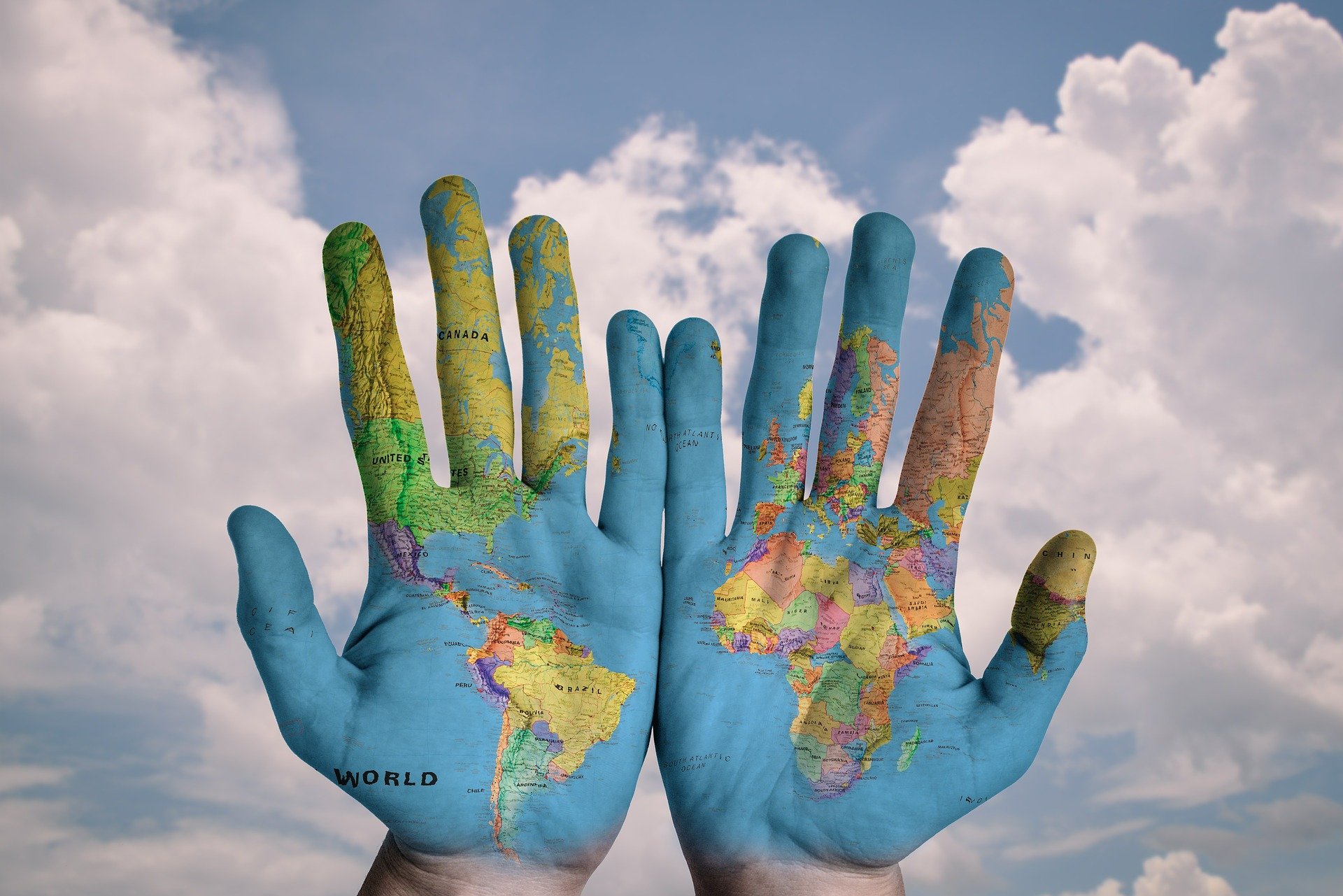Tu scegli, al resto pensiamo noi!

Per maggiori informazioni scrivici a volontariato@legambiente.it oppure contattaci ai numeri
06/86268324 e 06/86268326.
Se vuoi saperne di più prima di partire, leggi
qui tutte le informazioni utili.
Periodo
Dove
Età
Codice
Contributo
SEEDS 001. Environment & Photography in the New Year
Periodo
06/01/2026 -
15/01/2026
Dove
Islanda
Reykjavík
Età
18-99
Codice
SEEDS 001.
Contributo
140 € + 400
EUR







